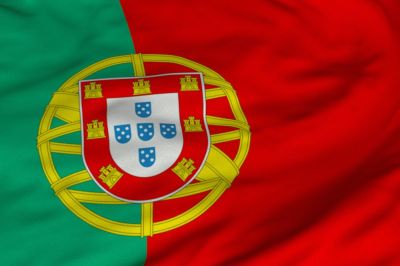
Portugal, according to Decree-Law No. 107/2008, of 25th of June, has Mestrado integrado programme (integrated master programme) – taught only in universities, and awards the degree of Licenciado (1st cycle (see 7.2 First Cycle Programmes ) and the degree of Mestre (2nd cycle (see 7.3 Second Cycle Programmes ) - students who completed the 1st cycle have direct access to the 2nd cycle.
The Mestrado integrado programme includes between 300 to 360 ECTS credits (which first 180 ECTS credits, or 6 semesters, awards the 1st cycle Licenciado degree - Decree-Law No. 74/2006, 24th March), and the total duration is 10 to 12 curricular semesters (2nd cycle Mestre degree) of work to the practice of a certain professional activity depends on the length of time established by legal EU standards or results from a stable practice consolidated within the EU.
This programme is intended to provide a solid academic background that ensures that the student acquires an academic specialisation using research, innovation or expansion of professional competences. It can be also attended by those who want to deepen their studies with a view to going on to a PhD course.
According to Ministerial Order n.º 782/2009, 23rd July, the cycle of studies that leads to a Mestre degree grants the qualification level 7 of the QNQ (National Qualifications Framework).
The offer of Mestrados Integrados is limited to the following
areas: Architecture, Engineering and similar techniques, Health,
Veterinary Sciences, Psychology and Social Services and Military and
security services.
Entry to a Mestrado integrado programme requires:
Mestrado integrado programme has also specific entrance examinations in some fields of education - such as health and military services - and access exams in all fields of education. The number of vacancies is fixed annually every year and has numerus clausus. The application procedure to higher education is monitored by the National Commission on Access to Higher Education (CNAES) – management and coordination commission who monitors the whole process on selection criteria, evaluation capacity for the frequency, and ranking of applicants to higher education.
The legislation determines that the A3ES will be responsible for developing studies and analyses of the higher education system, namely about the quality assurance component of HEI as well as their cycles of study/programmes Decree-Law No. 369/2007, of 5th November.
The skills to be acquired by the students in each cycle must be clearly stated.
After concluding all the curricular units that integrate the 1st cycle, it’s awarded the Licenciado degree, and a formal diploma, Carta de Curso, issued by the university is given to the graduate to certify the attainment and success of Licenciatura programme.
After concluding all the curricular units and the thesis defense that integrate the 2nd cycle, it’s awarded the Mestre degree certified by a Carta Magistral.